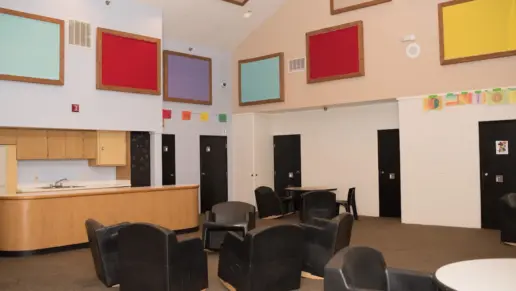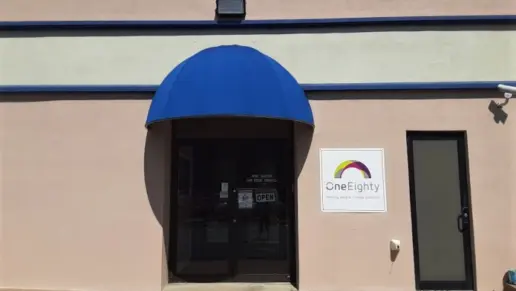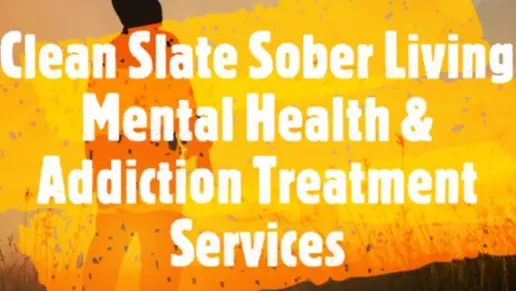Good, honest and helpful people. The staff is also kind and welcoming. Thank you for your promptitude in your services, you have helped me very much. God bless you.
About Montgomery County Alcohol, Drug Addiction & Mental Health Services
Montgomery County Alcohol, Drug Addiction & Mental Health Services is a governmental county initiative that is aimed at helping those battling addiction and co-occurring conditions in Dayton, Ohio. Although the initiative specializes in substance abuse addiction, it does offer support for those with a gambling addiction, too.
This program offers a specialized recovery team with real-world experience in treating addiction. The center treats everyone from youth to senior citizens. With the help of the program, you will have a better chance of understanding your problems, breaking the cycle of addiction, and taking control of your life.
You will work with a case manager who will guide you toward identifying your strengths and problem areas. Once you’ve done this, you will work together to develop goals that will further your commitment to recovery.
The program also works closely with area hospitals and courts to offer support and linkage to substance abuse resources for those battling addiction. The outreach team, a part of this program, also works with local law enforcement. They try to help with pre-arrest deflections to try and limit engagement with the criminal justice system. So, if you have found yourself in trouble with the law because of your drug or alcohol addiction, they might be able to assist you.
Other treatment programs offered as part of this initiative on behalf of the Montgomery County Alcohol, Drug Addiction & Mental Health Services department include screening and assessment to determine what level of care you need and non-intensive outpatient counseling. This counseling is perfect for those who have already mostly come to terms with their addiction and are well on their way to maintaining their sobriety.
They also offer family counseling and medication assisted recovery resources. You can also access intensive outpatient counseling if you need a little more help with your sobriety journey.
Latest Reviews
Rehab Score
Gallery
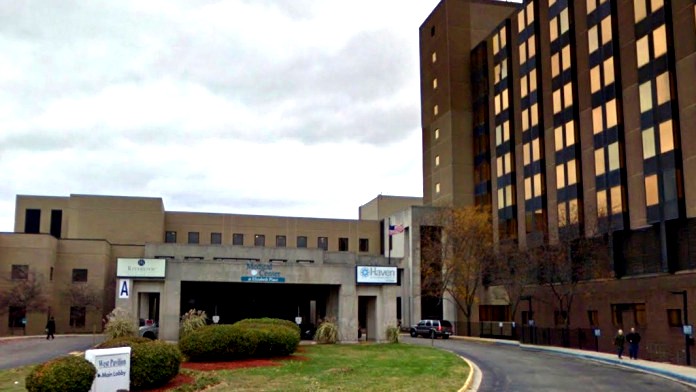
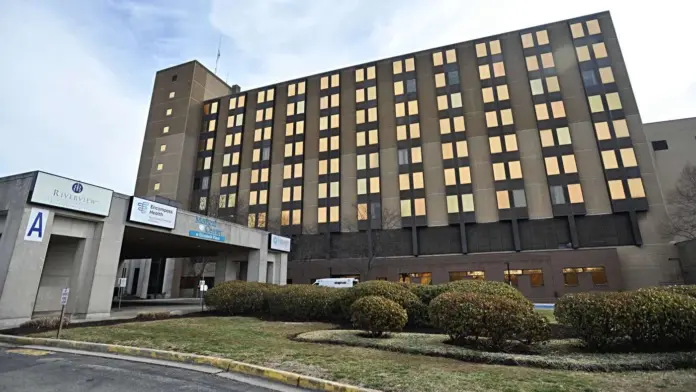
Location
Other Forms of Payment
Medicaid is a state based program that helps lower-income individuals and families pay for healthcare. Medicaid covers addiction treatment so those enrolled can use their coverage to pay for rehab. When a program accepts Medicaid the client often pays very little or nothing out of their own pocket.
Self-pay involves paying for treatment out of your own pocket. You can use savings or credit, get a personal loan, or receive help from family and friends to fund your treatment. If you don't have insurance or your insurance plan doesn't cover a specific program, self-pay can help ensure you still get the care you need.
Sliding scale payments are based on a client's income and family size. The goal is to make treatment affordable to everyone. By taking these factors into account, addiction recovery care providers help ensure that your treatment does not become a financial burden to you or your family, eliminating one barrier to care.
Addiction Treatments
Levels of Care
Treatments
The goal of treatment for alcoholism is abstinence. Those with poor social support, poor motivation, or psychiatric disorders tend to relapse within a few years of treatment. For these people, success is measured by longer periods of abstinence, reduced use of alcohol, better health, and improved social functioning. Recovery and Maintenance are usually based on 12 step programs and AA meetings.
Drug rehab in Ohio provides comprehensive treatment to address the physical and psychological needs of those struggling with substance use disorders. This may involve inpatient and/or outpatient care.
Opioid rehabs specialize in supporting those recovering from opioid addiction. They treat those suffering from addiction to illegal opioids like heroin, as well as prescription drugs like oxycodone. These centers typically combine both physical as well as mental and emotional support to help stop addiction. Physical support often includes medical detox and subsequent medical support (including medication), and mental support includes in-depth therapy to address the underlying causes of addiction.
Substance rehabs focus on helping individuals recover from substance abuse, including alcohol and drug addiction (both illegal and prescription drugs). They often include the opportunity to engage in both individual as well as group therapy.
Programs


Clinical Services
Family members 13 years and older can attend education groups. Family counseling services are available if desired. Family members are encouraged to attend and learn about community supports available to help them cope with the challenges they may encounter.
Group therapy is any therapeutic work that happens in a group (not one-on-one). There are a number of different group therapy modalities, including support groups, experiential therapy, psycho-education, and more. Group therapy involves treatment as well as processing interaction between group members.
In individual therapy, a patient meets one-on-one with a trained psychologist or counselor. Therapy is a pivotal part of effective substance abuse treatment, as it often covers root causes of addiction, including challenges faced by the patient in their social, family, and work/school life.
Trauma therapy addresses traumatic incidents from a client's past that are likely affecting their present-day experience. Trauma is often one of the primary triggers and potential causes of addiction, and can stem from child sexual abuse, domestic violence, having a parent with a mental illness, losing one or both parents at a young age, teenage or adult sexual assault, or any number of other factors. The purpose of trauma therapy is to allow a patient to process trauma and move through and past it, with the help of trained and compassionate mental health professionals.
Amenities
-
Private Setting
Accreditations

The Commission on Accreditation of Rehabilitation Facilities (CARF) is a non-profit organization that specifically accredits rehab organizations. Founded in 1966, CARF's, mission is to help service providers like rehab facilities maintain high standards of care.
CARF Accreditation: Yes
Contact Information
409 E Monument Ave
Suite 102
Dayton, OH 45402
